In my last blog I noted an endorsement of my new book, Proofs of God, from the Discovery Institute in Seattle, the world’s leading proponent of intelligent design. The author of that review, David Klinghoffer, loved the book but doubted one can “prove” God. Let’s look at that today. I’ve seen other comments insisting God cannot be proved. These comments reflect confusion about the nature of proof, and a misunderstanding of what I am saying. I claim modern science “proves” the existence of God. So what do I mean by that, and what is the debate about?
To prove anything you have to start with certain fundamental truths, certain unprovable assumptions. They are sometimes called axioms, sometimes postulates. You start by assuming some things are true, then use that foundation to prove other things are true. What you can prove rests on, depends on, your starting truths.
As the third chapter of my book makes clear, my logical proof of God starts with three assumed truths. The first is that there is an objective reality. Things are real; we are not beings in some sort of computer simulation. My second assumed truth is that our senses generally provide accurate information about that reality, about our world. We can trust clear signals from our senses. If we run into a stone wall, we say that “proves” both that the wall exists and that it is hard. If scientists around the world find all living creatures contain coded groups of atoms we call DNA, we say that “proves” the existence of DNA.
These two assumed truths are the foundation of the scientific method. If you deny them, you deny all of science – all that the human race has ever figured out by observation, experiment, and reason. My first two assumed truths are so fundamental that one rarely talks about them. If you agree scientists have “proved” that DNA is real, you are agreeing with my first two assumed truths.
My third assumed truth is that if there is only one explanation for something, then that explanation is true. If, in all of science and in all of history, there is only one explanation for something, then I assume that explanation is true. In my book I give the example of a person who puts money in a securely locked safe, and comes back the next day and finds the money is gone. She would know someone had stolen the money. She would not say that an invisible money-eating monster got hungry, because there is no historical evidence of invisible money-eating monsters, and there is no scientific reason to think they exist.
With these three assumed truths, it is straightforward to prove human beings were designed. Science has found fantastic technology in all life, and especially in human beings. Plants have sensors that detect variations in both light and temperature. Some fish, turtles, and even butterflies detect both the direction and intensity of the Earth’s magnetic field, coupled with navigation systems that allow them to travel thousands of miles and return to the same field, stream, beach, or tree. This technology is complex almost beyond imagination – much more advanced than anything humans have created. We are only beginning to understand how DNA works, with overlapping layers of information.
In all of human history and experience, only an intelligent being can create technology. In all of science, there is no other known explanation for the existence of technology. Chance is pathetically inadequate. No one has ever seen new technology created by chance, and the odds against that ever happening are fantastic.
Therefore, using my third assumed truth, the technology of life was designed. I call that designer God. This does not prove that the God of the Bible exists, but it does prove that there is a greater intelligence that designed life. This gets one to “first base,” so to speak. You have to accept that humans are created beings.
Darwin’s theory is zombie science. As I show in my book, it is a dead delusion, it has been disproven in multiple ways. Almost all top scientists know this, and all the computer simulations show that mutations reduce information, they don’t create it. You can’t get advanced technology by keeping the best mistakes.
So there you have it. God is real, and we know that as sure as we know anything in this world. Our society is confused and hostile to God. But science tells us God is real.
Thanks for reading.
Doug Ell




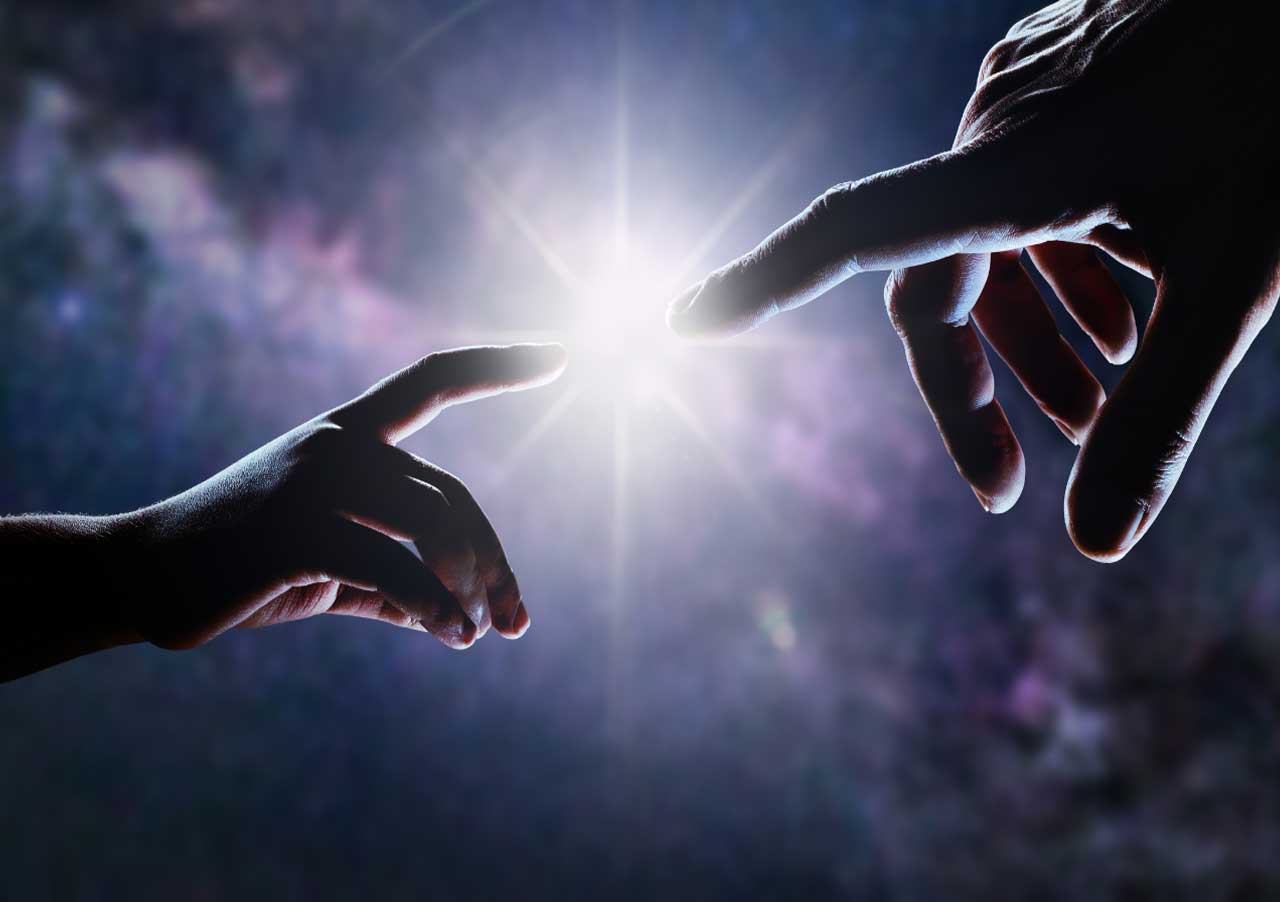

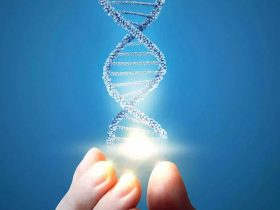


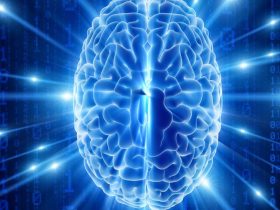



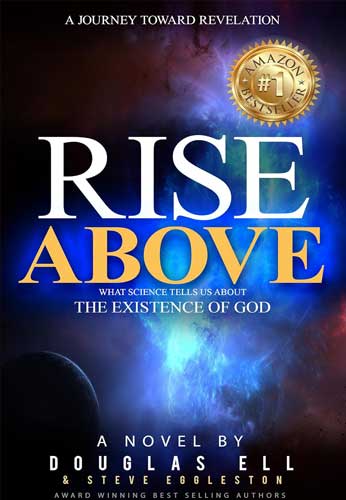


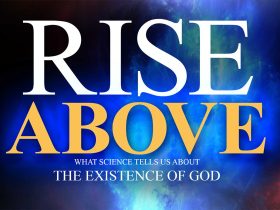
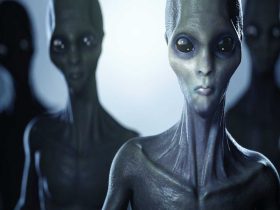
Leave a Reply